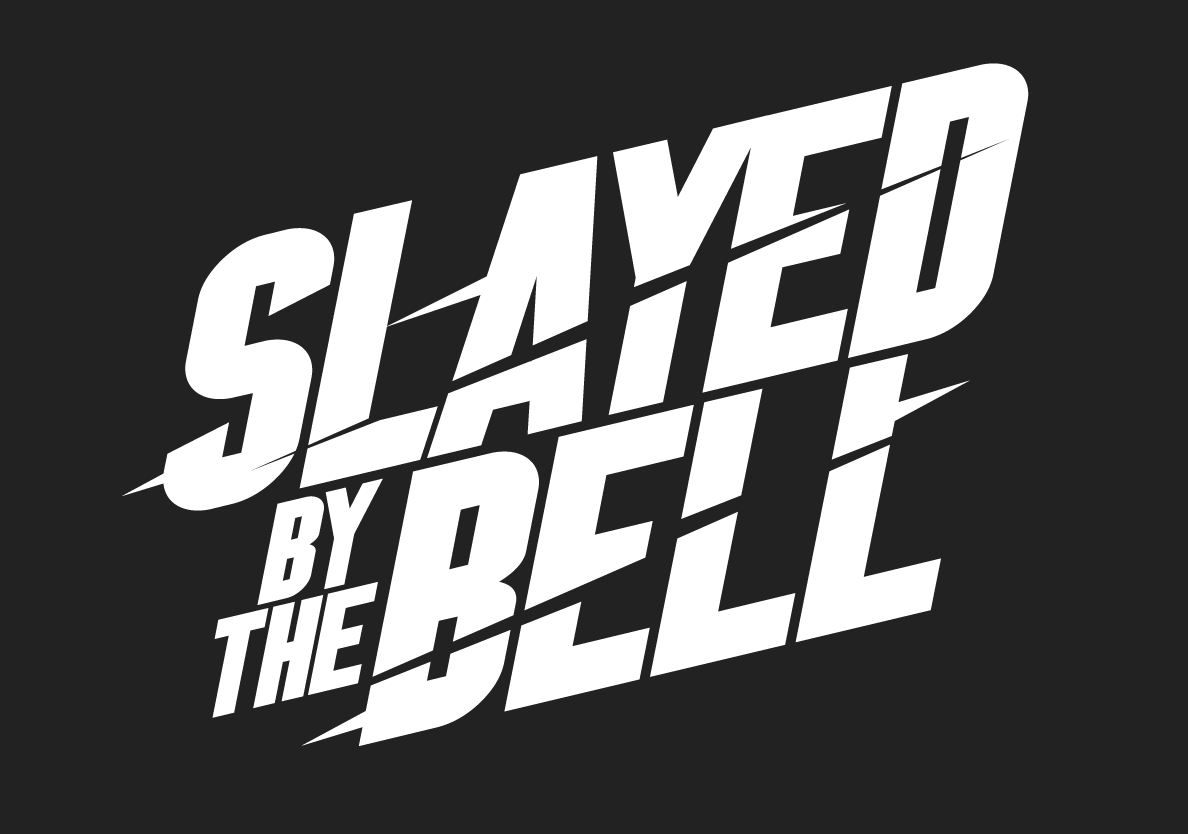Narcissistic email Monologues
Picture this: you’re at your desk, drowning in a sea of emails, and just when you thought you could catch a breath, another one arrives. But this isn’t your average email; it’s a lengthy monologue from a member of the leadership, sharing their profound thoughts and opinions on the latest educational buzz. Welcome to the world of verbose, all-staff emails – a phenomenon that’s as perplexing as it is infuriating.
Problem: The Epidemic of Lengthy Leadership Lectures
“Nowadays everybody wanna talk like they got something to say But nothin’ comes out when they move their lips, just a bunch of gibberish”
Marshall matthers
In the bustling world of education, where time is of the essence and every spare moment is a precious commodity, an irritating issue has emerged – leaders utilizing emails as their personal blog posts. These missives, often resembling the length of a novella, inundate inboxes, leaving staff grappling with information overload. The real dilemma? The questionable benefit these emails bring to the table, or rather, the lack thereof.
Causes
Educational emails should be a simple means of communication but often turn into a showcase of complex language. Some leaders, in their attempt to appear knowledgeable, transform the humble email into an unbridled case of logorrhea, resulting in a confusing maze of words that challenges even the most experienced educators.
Why do some leaders feel the need to showcase their vocabulary? The reasons might range from wanting to assert authority to trying to keep the staff informed, but the outcome is an overwhelming amount of text that contradicts the very principles these leaders advocate. It’s a case of ‘do as I say, not as I email.’
In the pursuit of sounding intelligent, the unintended consequence is a tone of unintentional condescension. The leader’s effort to show off their intellectual abilities ends up making teachers feel like archaeologists, sifting through layers of unnecessary words, hoping to find the important information. The email becomes an unintentional puzzle, leaving the very audience it aims to inform feeling frustrated.
Effects
As the inbox overflows, the direct impact on staff and students becomes increasingly evident. The precious time that educators could spend refining lesson plans or engaging with students is siphoned away by the mandatory reading of epic emails. These communications, meant to enhance communication, end up fostering resentment and demotivation among staff members.
“and isn’t it ironic – don’t you think?”
Alanis Morissette
In the leader’s ascent to the summit of intellectual grandeur, they unintentionally create an environment where staff yearn for brevity, clarity, and a leader who speaks to them, not down at them. The digital oracle, with their metaphorical scrolls, may have the appearance of wisdom, but it’s time for a revelation – true leadership is not found in the length of one’s emails but in the impact of one’s words. (This is akin to another problem I have referred to in a previous post: how leadership roles are frequently assigned to individuals based on their commitment beyond formal working hours, rather than their leadership abilities.)
Solutions
The solution isn’t rocket science; it’s about embracing brevity and clarity. Leaders should consider alternative platforms, such as personal diaries or blogs, to express their musings. In the age of information, the key is to disseminate knowledge effectively, not drown colleagues in a sea of words. It’s time to put an end to the reign of verbose emails and bring forth a communication revolution. Spare us the inbox novels, and let your thoughts breathe in the vast expanse of the internet, where the interested can willingly tread.
Conclusion
In the grand tapestry of education, communication is the thread that binds us all. Let’s not allow it to unravel under the weight of unnecessarily lengthy emails. It’s time for leaders to reflect on their communication strategies, to consider the real impact on their staff, and to lead by example. Let’s champion a culture of concise, impactful communication – one email at a time. Let brevity reign, let clarity prevail, and let the inbox be a sanctuary rather than a battleground. The time for change is now; the inbox deserves a reprieve, and so do the educators tirelessly working behind the screens. As Shakespeare once said,
“Brevity is the soul of wit,”
Shakespeare
or as I like to say,
“get a fucking diary”
Admin
as it’s one of the keys to harmonious leadership in education.

